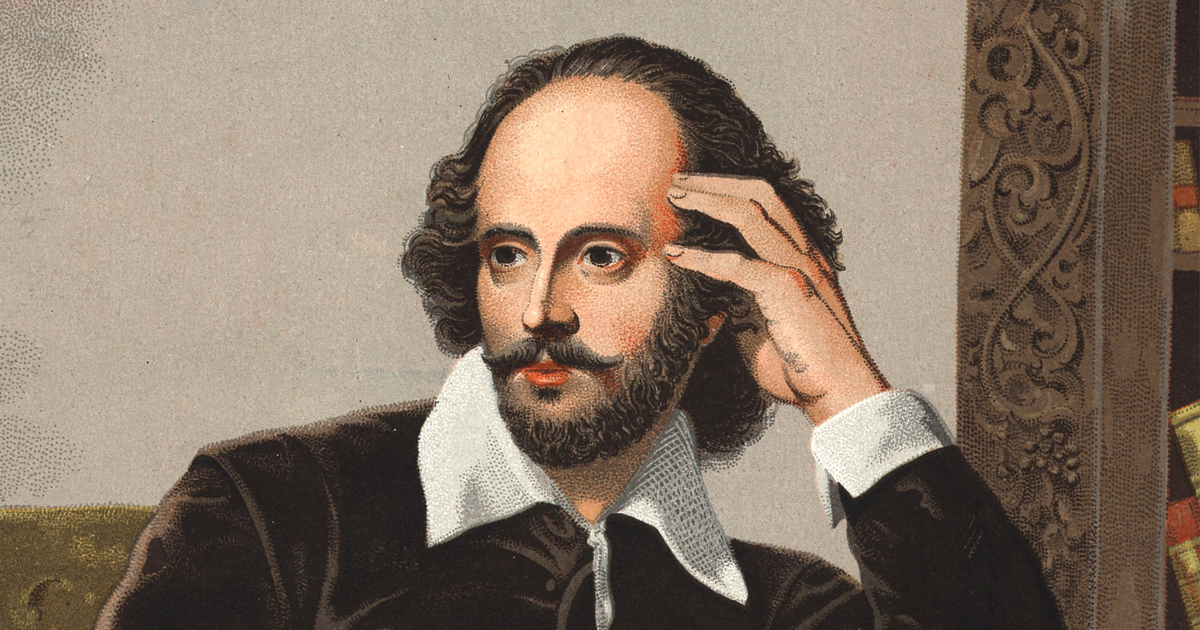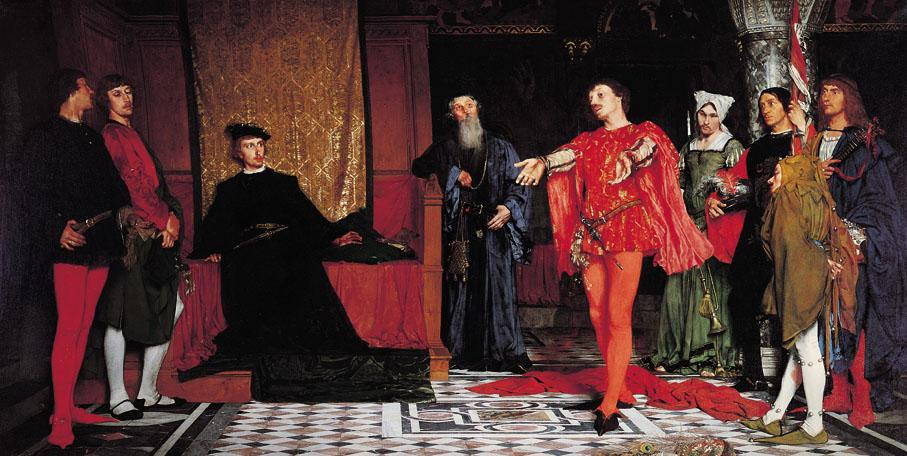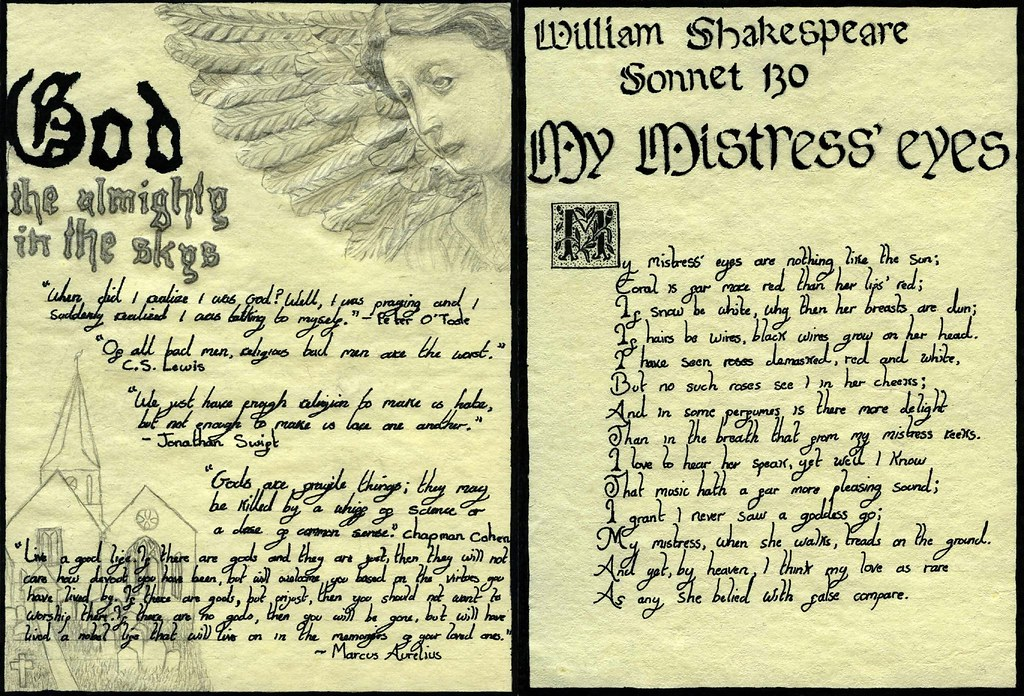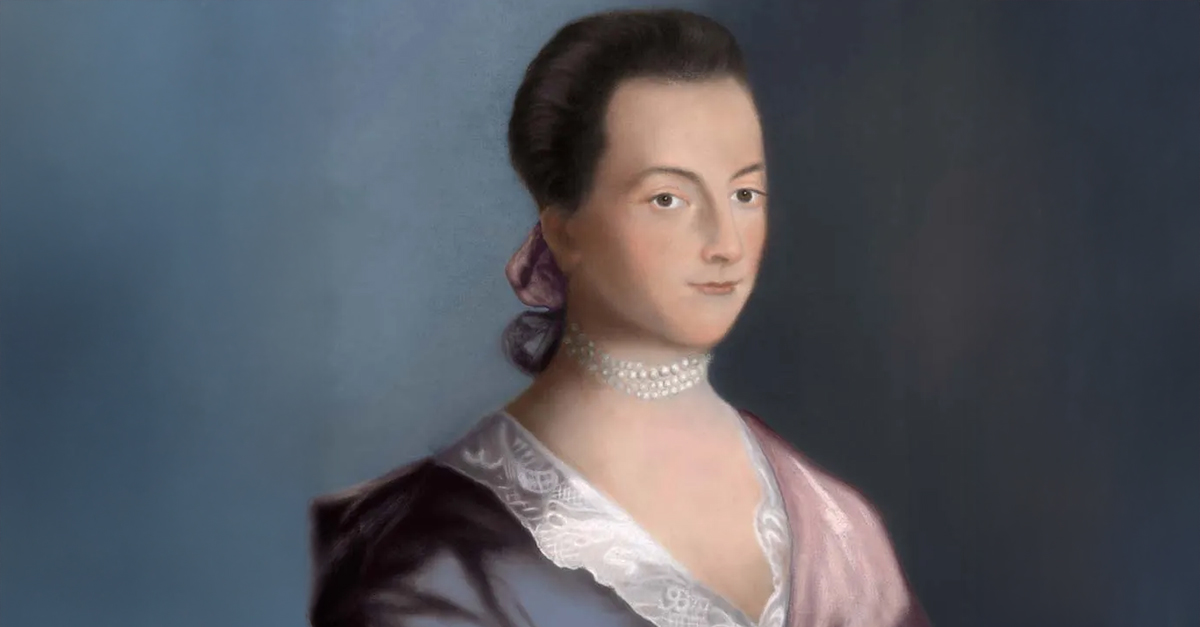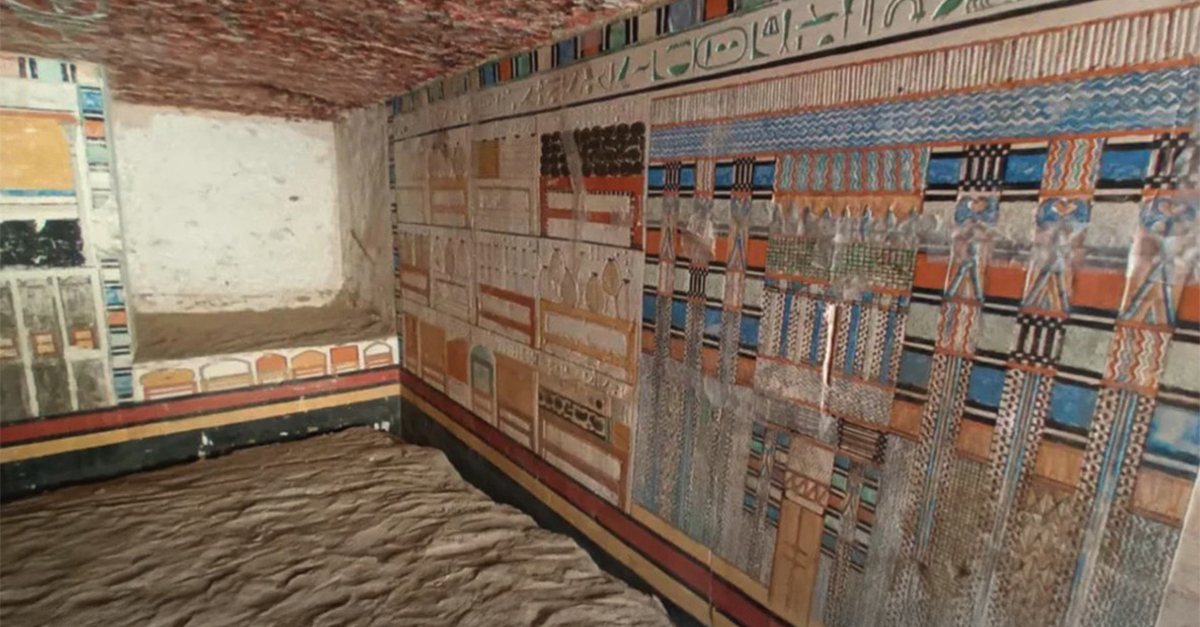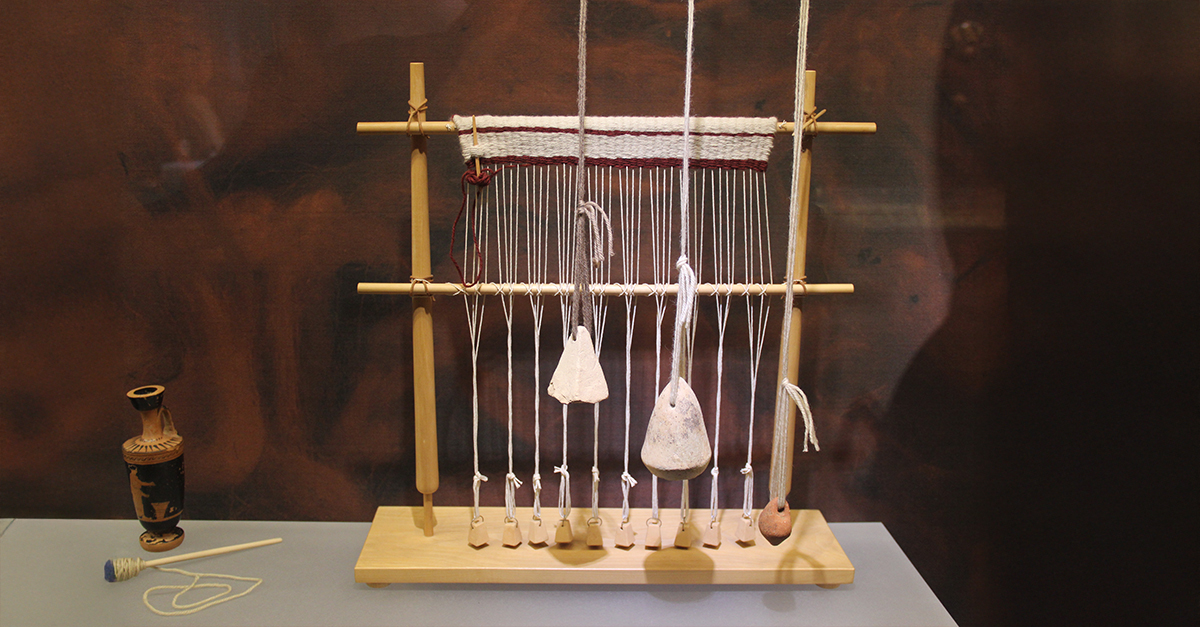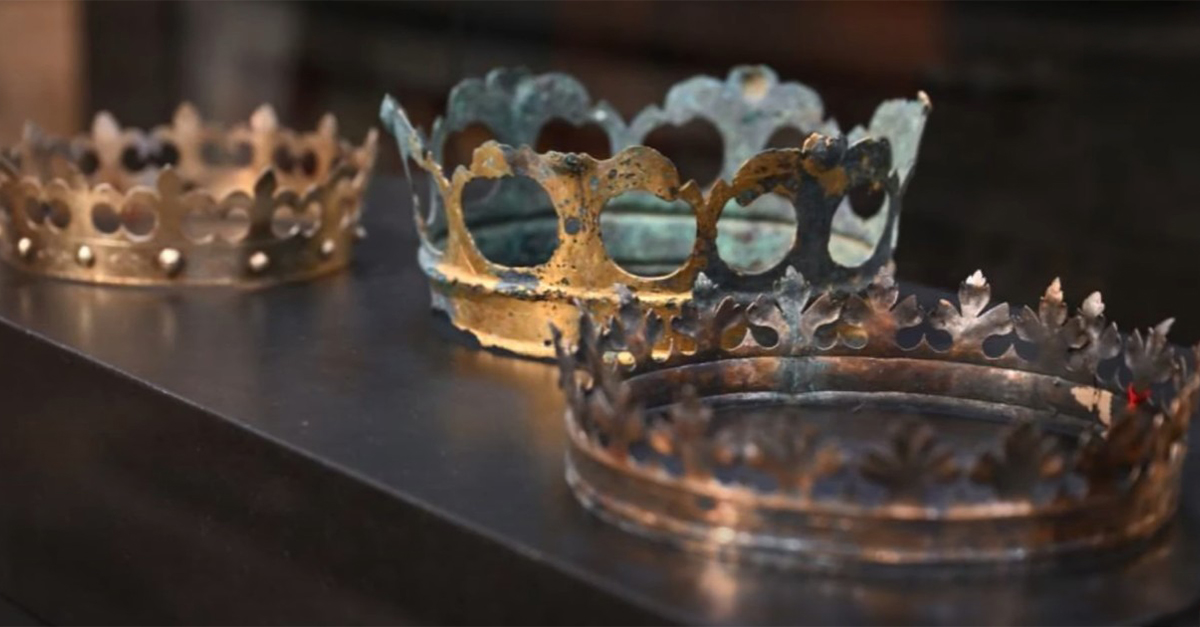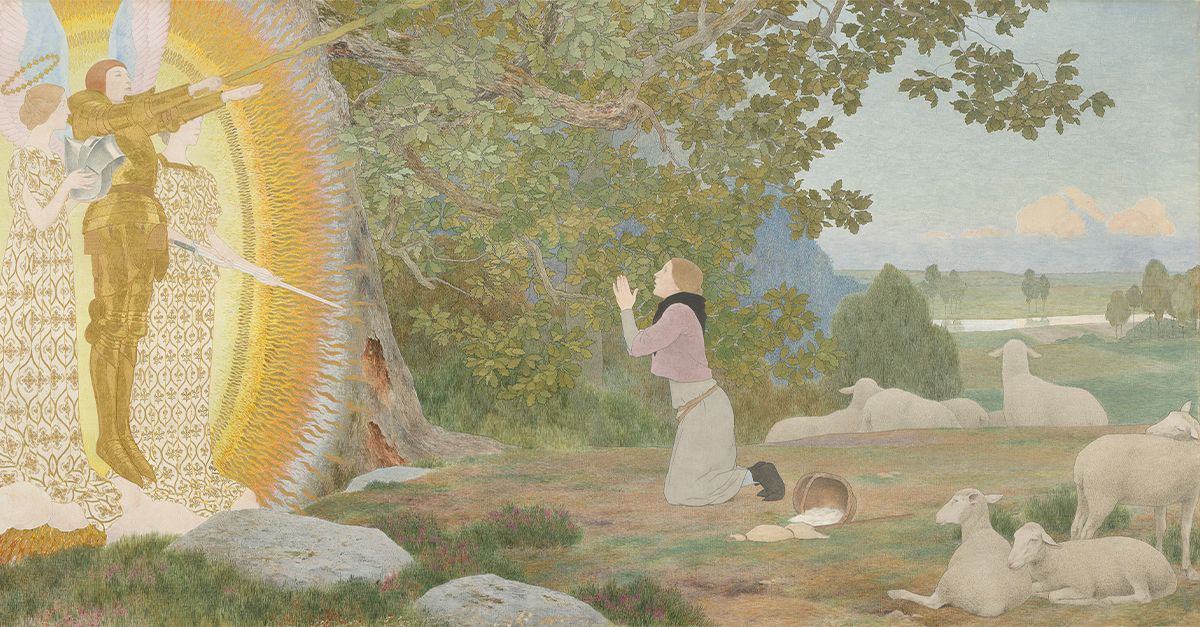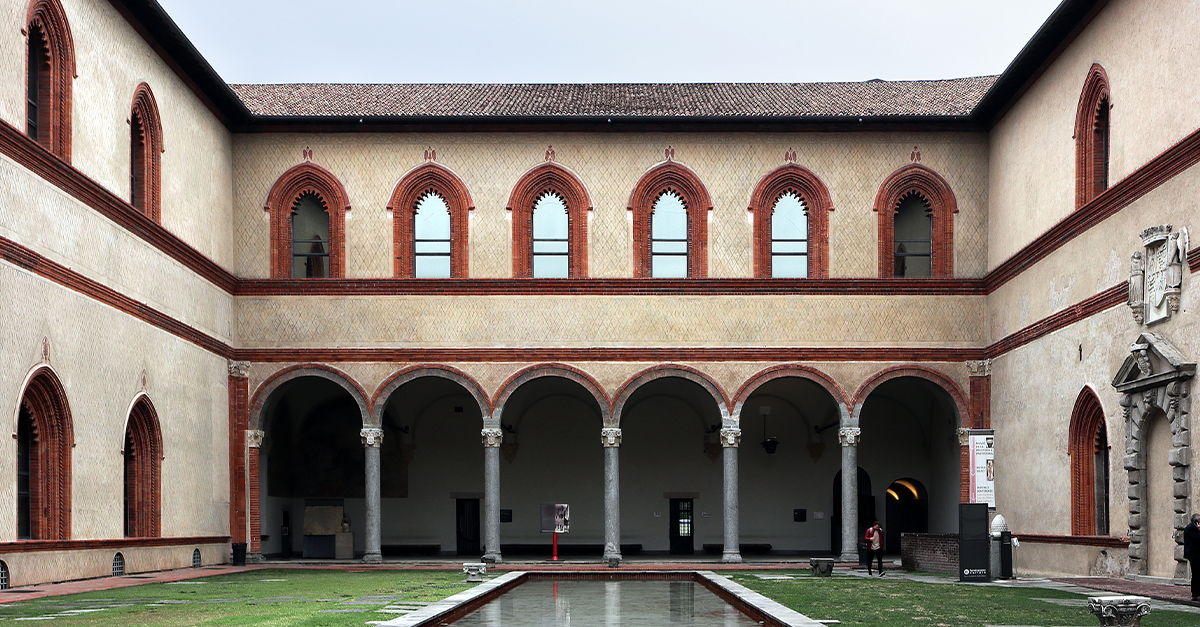William Shakespeare is widely regarded as the greatest writer to have ever lived—but what if he didn't write all of the works that he is so famous for? This article explores the Marlovian Theory, which questions the legitimacy of Shakespeare as the true author of his writings.
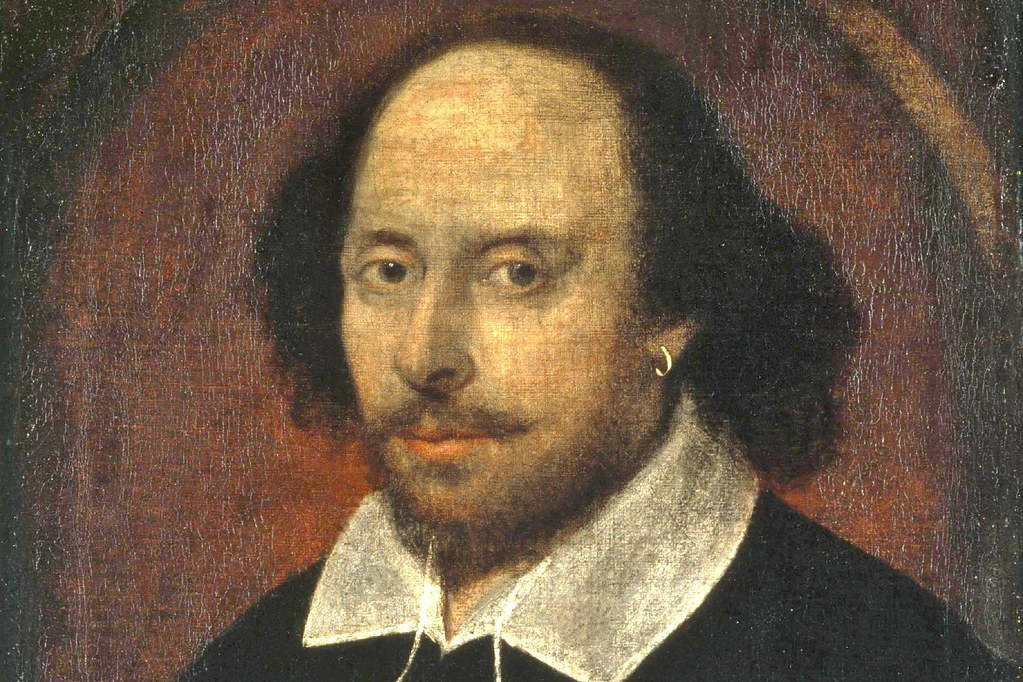
What is the Marlovian Theory?
The Marlovian Theory challenges the commonly held belief that William Shakespeare is the sole author of the plays and poems that bear his name. It is a controversial and intriguing perspective in Shakespearean authorship discussions.
Supporters of the Marlovian Theory argue that some, if not all, of the plays credited to Shakespeare were actually the works of another well-known Elizabethan writer, Christopher Marlowe.
William Shakespeare and Christopher Marlowe were both well-known writers of the Elizabethan era, and their careers intertwined in the latter half of the 16th century. Known for his seminal plays such as "Doctor Faustus" and "Tamburlaine," Marlowe passed suddenly in 1593 presumably in a bar fight.
Some theorists, however, claim that Marlowe's death was orchestrated to save him from prosecution because of his suspected involvement in blasphemy and treason. The Marlovian Theory states that Marlowe carried on writing under the William Shakespeare pen name.
The case in favor of Marlowe
The apparent mismatch between Shakespeare's educational background and the quality of the writings attributed to him is one of the major arguments supporting the Marlovian Theory. Shakespeare's plays demonstrate extensive knowledge of ancient literature, foreign languages, and courtly life, which contrasts his relatively limited official education, say critics. The Marlovian Theory claims that Marlowe is a more likely creator of these sophisticated works due to his educational background at Cambridge and his known intellect.
Also, the Marlovian Theory emphasizes the absence of hard data tying Shakespeare to the literary scene at pivotal junctures in his life. The documented history of Shakespeare's life, according to his detractors, is notably lacking in personal correspondence, manuscripts, or other records that would link him to the composition of the works attributed to him. This gap in the historical record has led to suspicion that the true author of the Shakespearean canon might have been someone else, like Marlowe.
Writings from the "grave"
Some Marlovian thinkers contend that the similarity between the dates of Marlowe's purported death and the works of Shakespeare is too great to ignore. They suggest that after pretending to be deceased, Marlowe carried on making theatrical contributions while posing as Shakespeare. Shakespeare's plays and Marlowe's well-known works share some themes, styles, and linguistic patterns that are used to support the idea that they were written by the same person.
That said, it's important to remember that the literary community and the academic community are by no means in consensual agreement with the Marlovian Theory. Most historians agree that there is substantial evidence to prove Shakespeare's authorship of his works. They believe that putting the works' credit on Marlowe distorts the broad and varied literary scene of the Elizabethan era and undervalues each playwright's singular creativity.

